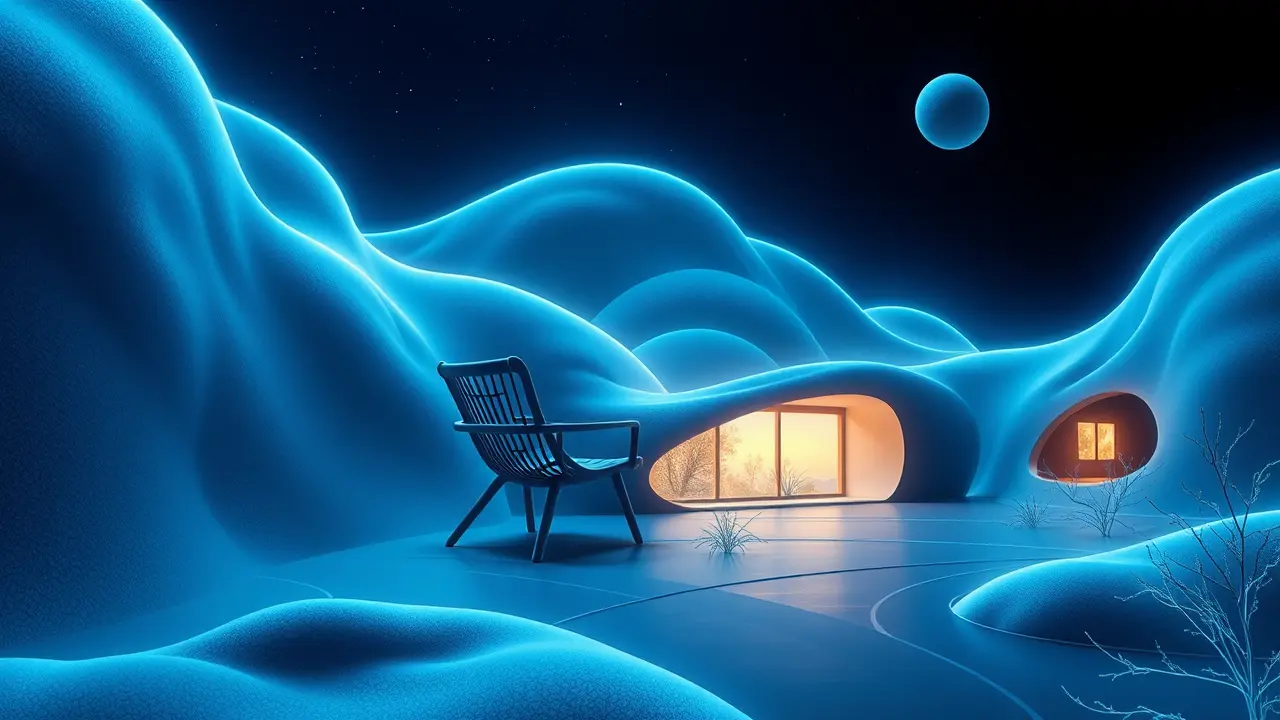
SciencebiologyEvolution and Ecology
Danish Designers Draw Inspiration from Nature's Systems.
RA
Rachel Adams
3 hours ago7 min read
In a profound alignment of human creativity with the natural world, ten Danish designers participating in The Mindcraft Project 2025 are fundamentally reorienting their practice by looking to nature's quiet, self-regulating systems for design insight. This isn't merely an aesthetic choice, a superficial application of organic forms to furniture or homewares; it is a deep, methodological shift towards biomimicry, where the very blueprints of life—from the efficient packing of seeds in a sunflower to the resilient structure of mycelial networks—become the foundational principles for sustainable creation.Denmark, with its long-standing legacy of functionalism and human-centric design pioneered by icons like Arne Jacobsen and Hans J. Wegner, is now positioning itself at the forefront of a new, ecologically urgent movement.These designers are moving beyond the object itself to interrogate the entire lifecycle, asking how a chair can be assembled without toxic adhesives, inspired by the way mussels secrete powerful, non-toxic byssus threads to cling to rocks, or how a textile can be dyed using closed-loop systems that mimic the water purification processes of a wetland. This approach is a direct response to the escalating climate crisis and the staggering waste produced by the consumer goods industry, a sector responsible for a significant portion of global carbon emissions and landfill overflow.The work on display is a quiet rebellion against the disposable, a testament to the idea that the most sophisticated technologies have already been invented by three billion years of evolution. We see this in experiments with chitin from discarded shellfish shells being transformed into biodegradable polymers, and in architectural models that employ passive cooling principles learned from termite mounds.This is not nostalgic pastoralism; it is rigorous, evidence-based design that acknowledges we are a part of nature's system, not separate from it. The consequences of this paradigm shift are monumental, potentially rewiring our entire relationship with material culture towards one of reciprocity and resilience, where products are not merely consumed but are integral parts of a regenerative biological cycle, offering a tangible, beautiful, and desperately needed blueprint for a future in harmony with the planet.
#design
#nature
#systems
#Danish designers
#Mindcraft Project
#featured
#sustainability
#innovation
#biomimicry
Stay Informed. Act Smarter.
Get weekly highlights, major headlines, and expert insights — then put your knowledge to work in our live prediction markets.
Related News
© 2025 Outpoll Service LTD. All rights reserved.
